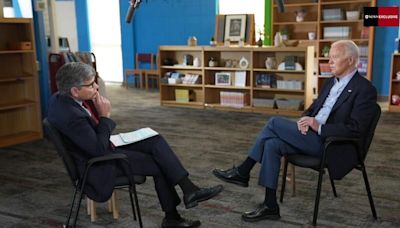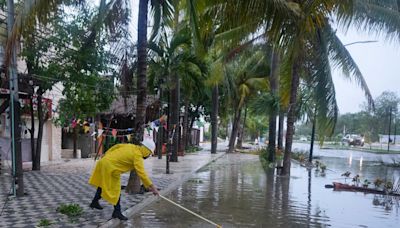Search results
Will Or Wai-lam ( Chinese: 柯煒林, born 22 January 1992) is a Hong Kong actor best known for his role in the drama film Drifting (2021), for which he was nominated for Best Supporting Actor in the 58th Golden Horse Awards and both Best Supporting Actor and Best New Performer in the 40th Hong Kong Film Awards .
Affirmative form. Will comes first in the verb phrase in a statement (after the subject and before another verb). It is often contracted to ’ll in informal situations: The next Olympic Games will be in London. I’ll give you a call at about 6 o’clock. Will cannot be used with another modal verb:
Nov 16, 2023 · Will and would are English modal verbs, and in order to be sure you’re using them properly, it’s important to understand when to use will and when to use would. So I invite you to consider some of the guidelines regarding will and would in English.
Will and shall are modal verbs. They are used with the base form of the main verb (They will go; I shall ask her). Shall is only used for future time reference with I and we, and is more formal than will. singular and plural.
English Grammar: How to Use “will”. We can use “will” to talk about the future. We also use will to make predictions, talk about decisions, and to make promises, offers, requests and threats.
What's the difference? 'Will' and 'be going to' More examples: (The phone rings) Julie: I 'll get it! ('I'm going to get it' is very strange, because it makes us think that Julie knew the phone was going to ring before it did). I 'm going to go on holiday next week.
How to Use WILL. How to recognise, say, write and use the future verb “will”. Will is one of the most useful words in English, but can be difficult to recognise, pronounce and use correctly. This article gives some vital tips on all three of those issues.
Exercise about 'will' and 'going to' for the future.
We use will: to express beliefs about the present or future. to talk about what people want to do or are willing to do. to make promises, offers and requests. would is the past tense form of will. Because it is a past tense, it is used: to talk about the past.
We can use the simple future with will to express a spontaneous decision, a prediction or a future event that cannot be altered. It is formed with the auxiliary verb will and the infinitive or base form of the main verb.





